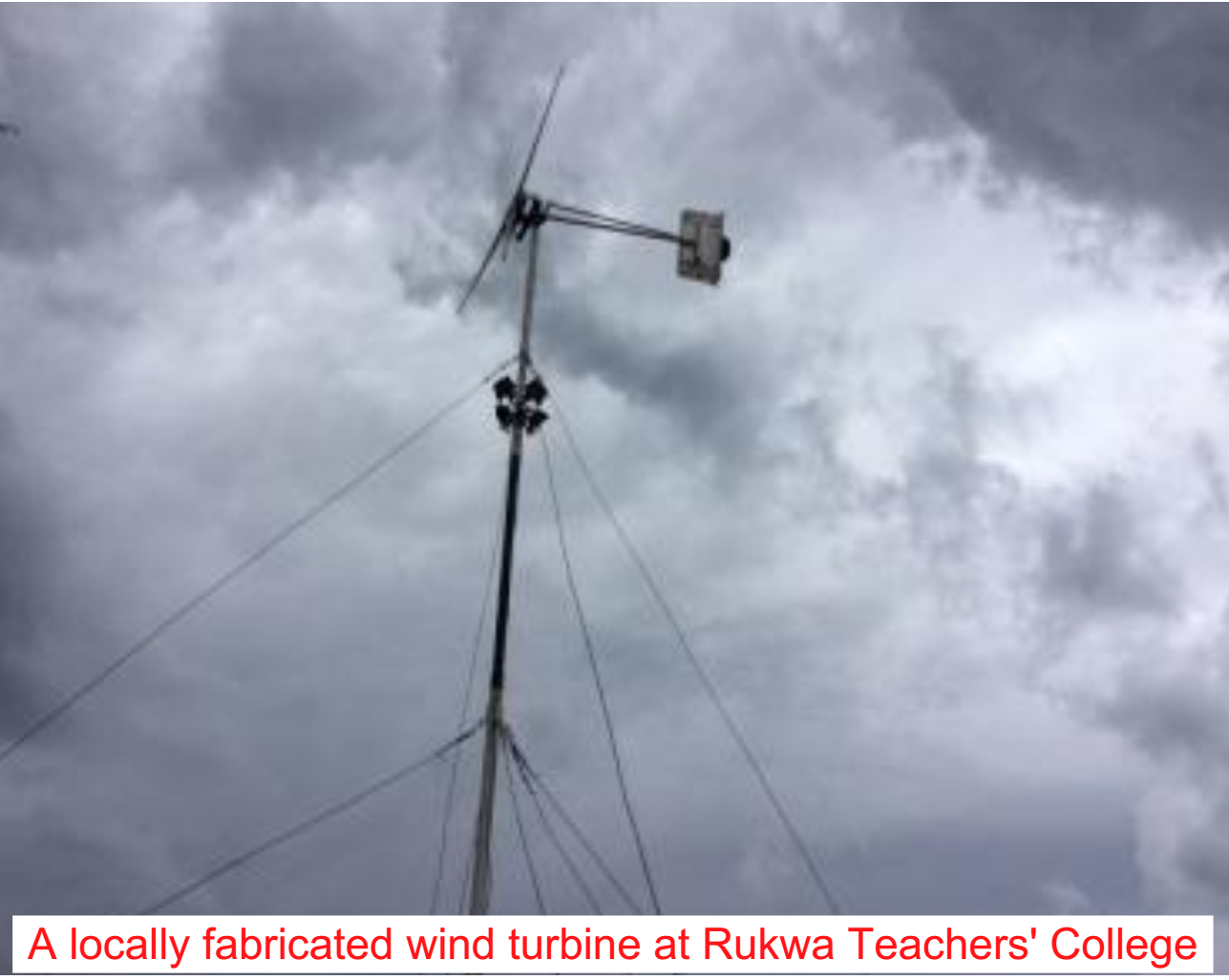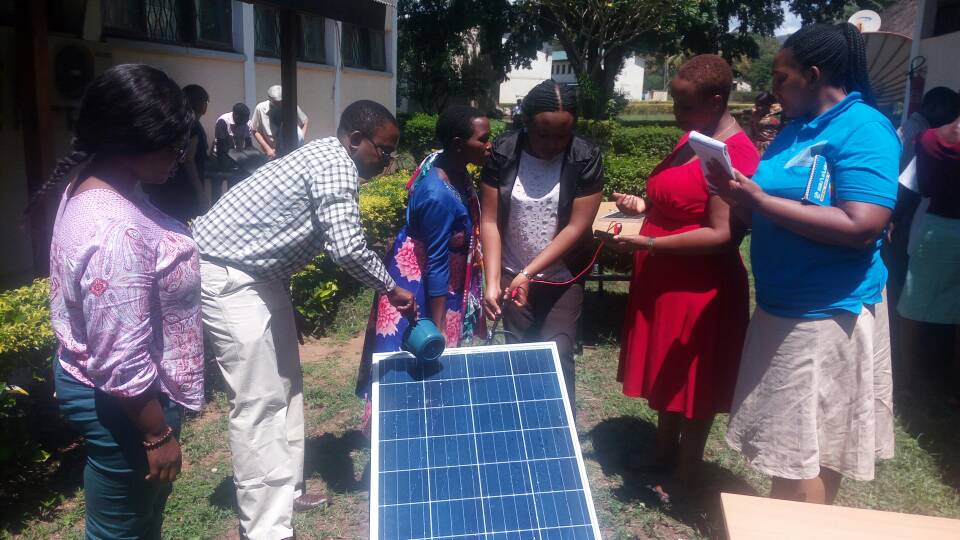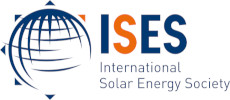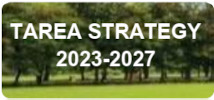TAREA Building Capacity of Tanzania District Councils
Tanzania energy sector is centralized at the national level. The structure of the Ministry of Energy not being represented at the district level has been one of the delaying factors of the efforts of accelerating access to the sustainable renewable energy as there is no contact persons at the lower level in the most of district councils.
TAREA cooperating with Tanzania Commission for Science and Technology (COSTECH) started the initiatives of training planning human capacity of Regional Administration and Local Government Administration on renewable energy management.
Swedish International Development Agency (Sida) supported the training in the regions of Geita, Kagera, Kigoma and Tabora. Rural Energy Agency (REA) supported training in the regions of Katavi and Rukwa, and in 2017 Beruflichen Fortbildungszentren der Bayerischen Wirtschaft (bfz) gGmbH supported training in Mwanza region.
The aim is covering all regions of Tanzania Mainland.
 The initiative will result:
The initiative will result:
- District councils having renewable energy contact persons for developers
- Mainstreaming the renewable technologies in the development plans
- Sustainability of installed renewable energy systems
- Renewable energy business scale up and
- Increased access to the sustainable renewable energy technologies.
TAREA is inviting more partners to support the initiative.
Promotion of renewable energy through school clubs in Manyara, Tanzania
<p>The Tanzania Renewable Energy Association is promoting renewable energy technologies in the districts of Babati and Simanjiro through school clubs with the support of the German NGO “URBIS Foundation”. </p> <p>In the two districts, the programme extends to 5 schools each.</p> <p>To ensure a high standard in these school clubs, 20 teachers coming from the benefitting schools have been trained specifically on the issue of renewable energies.</p> <p>The clubs will serve as a platform for awareness raising on the potential of renewable energies. The focus lies on the two technologies, photovoltaic and energy efficient...</p>
19 Solar Installers Trained in Morogoro
TAREA through Commission for Science and Technology received a financial support from the Climate Technology Network (Denmark) that enabled training of 19 solar photovoltaic installers in the month of November, 2017.
The training was used to pilot training program that will be used for capacitating solar installers that will be able to undergo process of accreditation by Vocational Education and Vocational Training Authority.
9 practising solar installers participated in facilitation of the training, supporting pedagogic part.
The newly trained solar installers are qualified for carrying out quality solar home system installations.
Employers are encouraged to contact TAREA Secretariat for the recruitment of new manpower.

Aiming at increased renewable energy in Tanzania
<p>From the 17th of October to the 19th of October the Climate Action Network, a network of NGOs dedicated to the fight against climate change, together with the German aid organization “Brot für die Welt” (Bread for the World) and the world Future Contact hosted a three-day seminar, which consisted of presentations by various experts in the field of renewable energies and group discussions. The topic of the conference was the aim of having 100% Renewable Energies in Tanzania in the next 30 to 40 years. The participants in the conference consisted out of stakeholders from the business sector, lik...</p>
Tanzania National Renewable Energy Day 2017, Kigoma Town
<p>TAREA conducts National Renewable Energy Day once every year. In the year 2017 event was held in Kigoma in the duration of 13-14 October. The event aims at raising awareness to the public on the potentials and limitations of renewable energy technologies. The event focuses at the communities living in the off-grid areas to show cases of alternative sources of energy to the national grid and fossil cooking sources of energy. The event offers to the renewable energy stakeholders opportunities of information exchange with government officials and exhibiting renewable energy technologies. <img src="/storage/app/media/Blog/RC%20at%20TAREA-web.jpeg" alt="" /> The Tan...</p>





